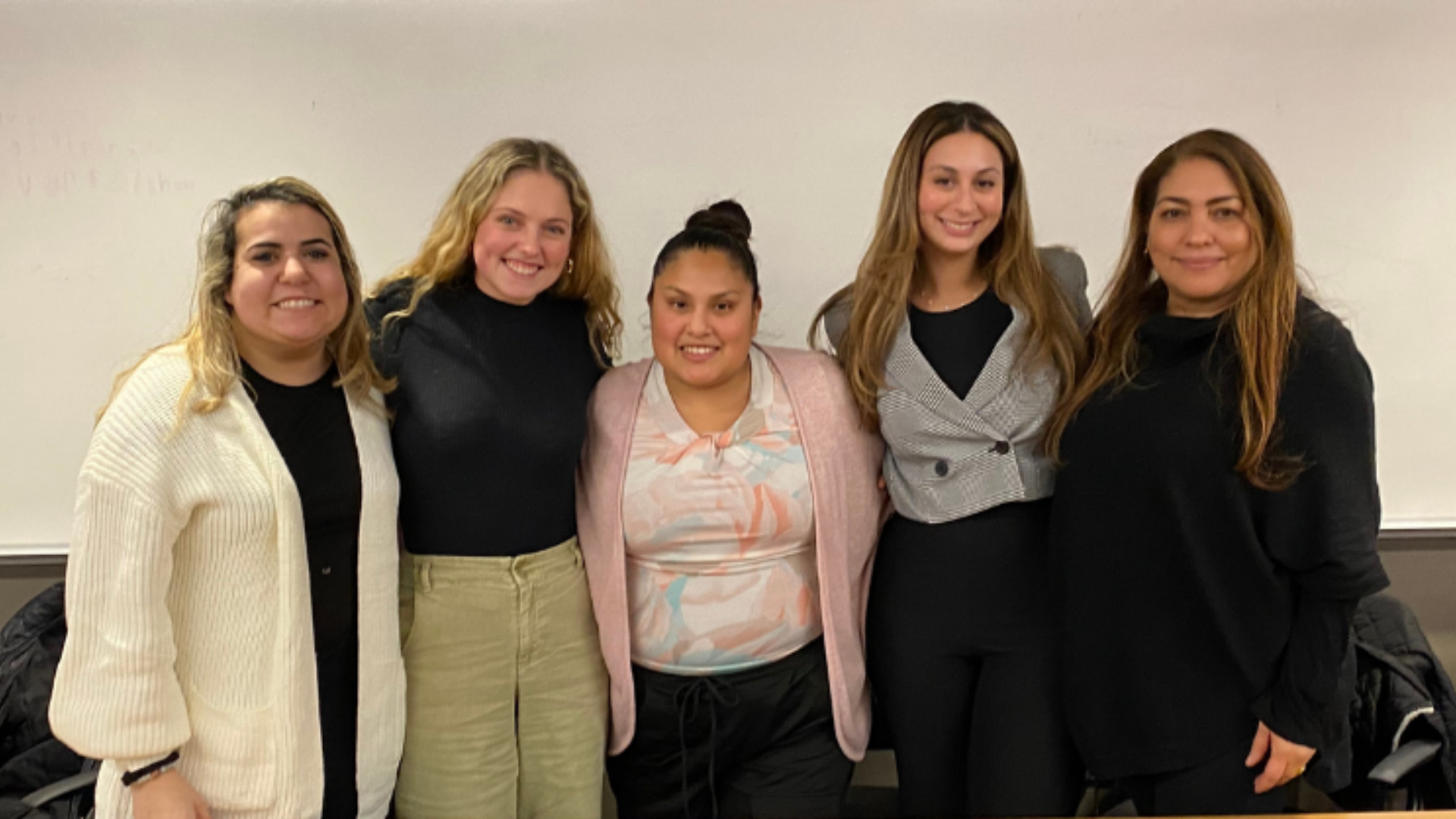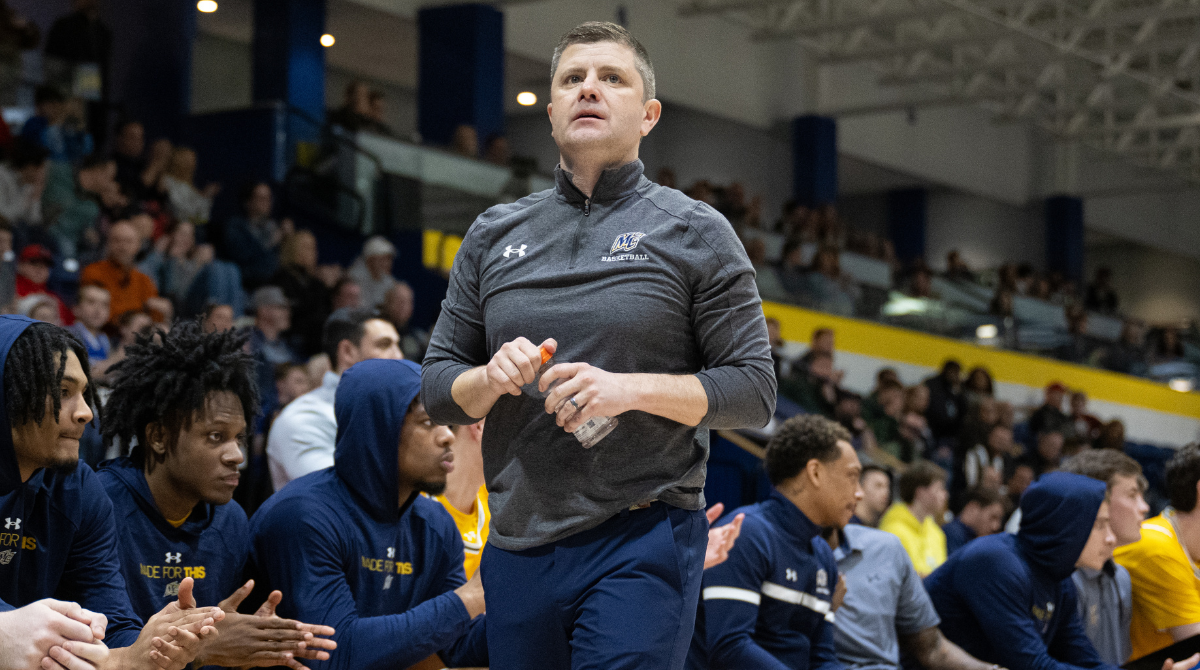The coronavirus pandemic means that schools are rolling out new forms of teaching and learning for K-12 students at a moment when families face multiple forms of stress, including worries about employment and health. Merrimack’s faculty members in the School of Education and Social Policy have some tips for parents to help support their children as they face the challenges of learning through online or remote methods.
Get Moving.
Assistant professor of education Stephanie Garrone-Shufran reminds parents and caregivers that kids, like all of us, need movement breaks, especially when spending so much time on their screens for school. Physical movement helps kids and adults remain focused. While walks outside are ideal, other options include movement and mindfulness videos created by GoNoodle or Cosmic Kids.
Read Books Together.
Assistant professor Lisa O’Brien suggests looking online to replace all the books that are out of reach due to the shutdown of schools and libraries. The Open Library and International Children’s Digital Library are free and feature many classic and multicultural children’s books. For young children, Unite for Literacy has a nice collection of early reader books. Audible has also made resources for children’s audiobooks free for this crisis.
Keep a Routine.
For children with learning challenges and their parents, this crisis has been especially tough. Kathryn Welby, professor of practice, encourages helping kids keep a routine that includes learning and review. Websites such as Boardmaker can provide free activities for kids and parents to do together. Smore provides resources for parents of students with developmental disabilities to deal with the COVID-19 crisis. Education Modified provides resources on assistive technology you may need at home.
Take Virtual Field Trips Together.
Assistant professor of education Rory Tannebaum recommends using websites such as WeAreTeachers, Scholastic and Discovery Education which have hundreds of free and engaging activities to help kids explore fascinating and informative places right from the comfort of their own home. These virtual field trips can take students to zoos, aquariums, historical sites and a wide range of other places in their neighborhood and across the world. The New York Times even offers creative suggestions for how to “travel” without traveling during the pandemic.
Give Everyone a Break.
Associate Dean Russ Olwell suggests that children need help understanding that they are facing new challenges. They need time to adjust and require some space to make mistakes and, sometimes, even fail at a task. Given that students lack many of the support services available at their school, such as one-on-one help and tutoring, they should not expect to provide the same quality of work as they do at school during normal conditions.
Resources Mentioned in the Article
Activities/Virtual Field Trips
- Boardmaker
- Discovery Education
- New York Times: What Are Some Ways to “Travel” Without Traveling During the Pandemic?
- Scholastic
- WeAreTeachers
Learning Resources
- Education Modified
- Smore
- What to Do When Your Child on the Autism Spectrum’s Routine Is Disrupted by the Coronavirus
Movement and Mindfulness
Online Books





